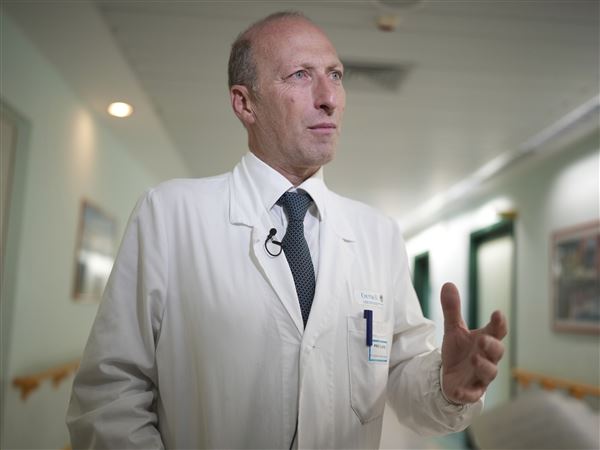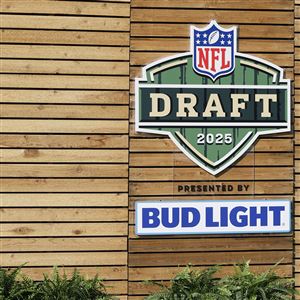One day, type 1 diabetes patients may be able to get pancreas cells from pigs that will permanently reverse their disease.
That's the promise of a study released yesterday by scientists at Children's Hospital of Pittsburgh of UPMC and in Virginia and the Netherlands.
Writing in the December issue of the American Journal of Transplantation, a research team headed by Dr. Massimo Trucco of Children's reported that genetically engineered pancreas cells from pigs were still producing insulin and preventing diabetes in a monkey more than a year after transplant.
If further monkey trials show similar success, the scientists may be ready to conduct human trials with pig cells in two to three years, said Dr. David Ayares, CEO and chief scientific officer of Revivicor, Inc., the Blacksburg, Va., company that grows the special pigs.
Type 1 diabetes is an inherited condition in which patients don't produce insulin, which is needed to convert sugar into energy for cells. As a result, they usually face a lifetime of insulin shots, and even with that therapy, are vulnerable to blindness, heart disease, kidney problems and amputations.
One solution to type 1 diabetes is pancreas transplants, but as with other organs, there is a severe shortage of donated pancreases in the United States. Last year, more than 3,700 people were waiting for pancreas transplants, but only about 435 were performed, according to the United Network for Organ Sharing.
Even fewer pancreases are available for so-called islet cell transplants, in which the cells that produce insulin are extracted and infused into patients' livers, where they establish "mini-pancreases" to produce insulin.
For many diabetes patients who get human islet cell transplants today, the cells only last from several months to a few years, and the patients then either have to get more transplanted cells, or go back to injected insulin, Dr. Ayares said.
That's where pig cells may be a solution, he said, and it's why the results of the new study are so exciting.
Not only are pigs similar to humans biologically, he said, but they can be grown to adulthood in about six months and don't face the same ethical and medical restrictions for transplant use as monkeys and other primates do.
Revivicor is a spinoff from the Scottish company that created Dolly the sheep, the first mammal cloned from cells that make up the body.
In the newly published study, Revivicor grew pigs that were genetically engineered to include a human gene that makes a protein called CD46, which helps suppress the body's immune attack on transplanted cells.
Examination of the monkeys' organs showed that the protein had helped protect the pig cells from assault by the monkeys' immune systems, Dr. Ayares said.
Four of the five monkeys that got the engineered cells were free of diabetes after three months, and one that was selected for further tracking was still healthy after more than a year.
Eventually, he said, Revivicor plans to grow pigs that include genes that will prevent coagulation, which now destroys many of the islet cells after they are infused, and even a gene that will secret an immunosuppressant substance.
To meet Food and Drug Administration standards for human trials with pig cells, Revivicor is building a special ultra-clean breeding facility where the cloned pigs will be delivered by C-section and kept in pristine conditions until their cells or organs are used.
UPMC became an early investor in Revivicor at the urging of transplant pioneer Thomas Starzl, Dr. Ayares said.
The good thing about human pancreatic islet cell transplants, he said, is "they're successful, but we need more islets and you have to have an unlimited number of donors to be able to give patients these cells when they need them."
The pigs may offer a way past that obstacle, he said.
First Published: December 4, 2009, 5:00 a.m.















